Beauty, freedom, peace - this is Colombia
What flower “painted” the flag of Colombia, what tourists find in this country and what its relations with Russia are today? Participants of the 15th Eurasian Economic Youth Forum learned about this at a public lecture by Mr. Hector Isidro Arenas Neira, the Ambassador Extraordinary and Plenipotentiary of Colombia to the Russian Federation.
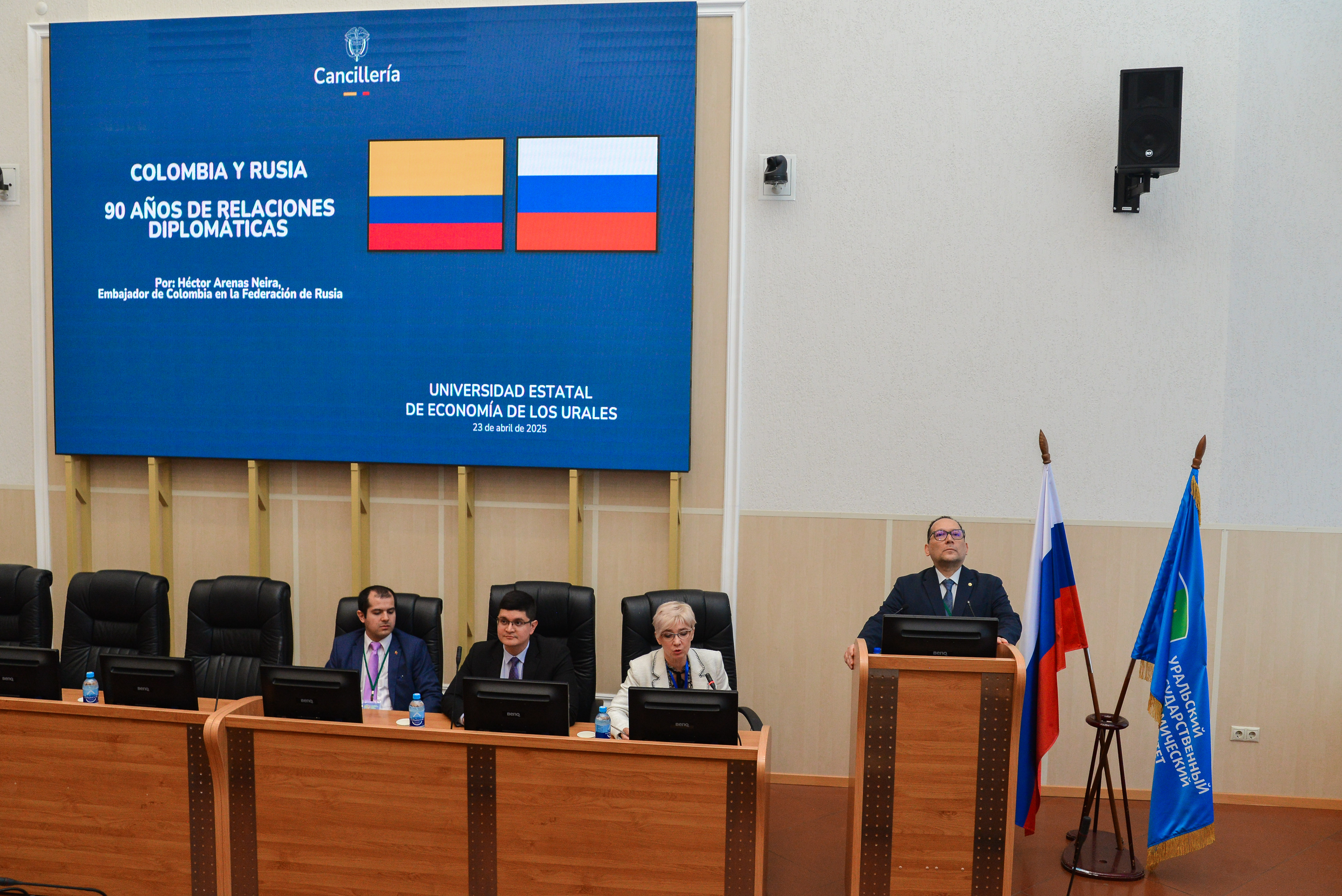
Meeting with ambassadors of foreign countries is one of the amazing opportunities EEYF gives to participants. Diplomats are not only bearers of culture, but also an invaluable source of knowledge about the direction their country is heading.
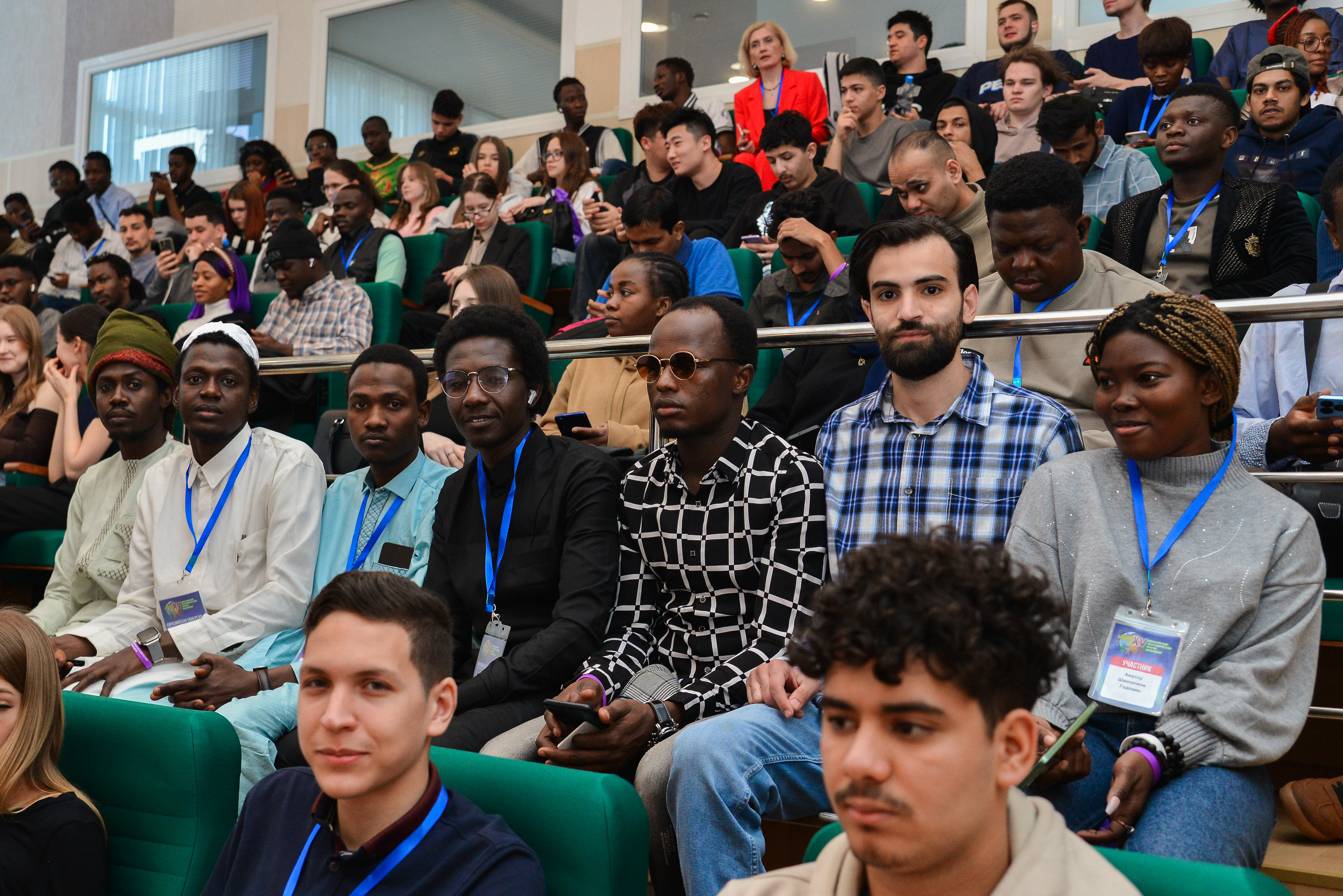
Hector Isidro Arenas Neira takes part in the Eurasian Economic Youth Forum for the fourth time and, as the Colombian ambassador admits, he considers it an honor to give a lecture to students, both Russian and foreign.
“The most important thing I expect from our meeting, and what the EEYF contributes to, is to make you know other countries, their culture, and find friends and like-minded people all over the world, including in Colombia,” Mr. Neira emphasized.
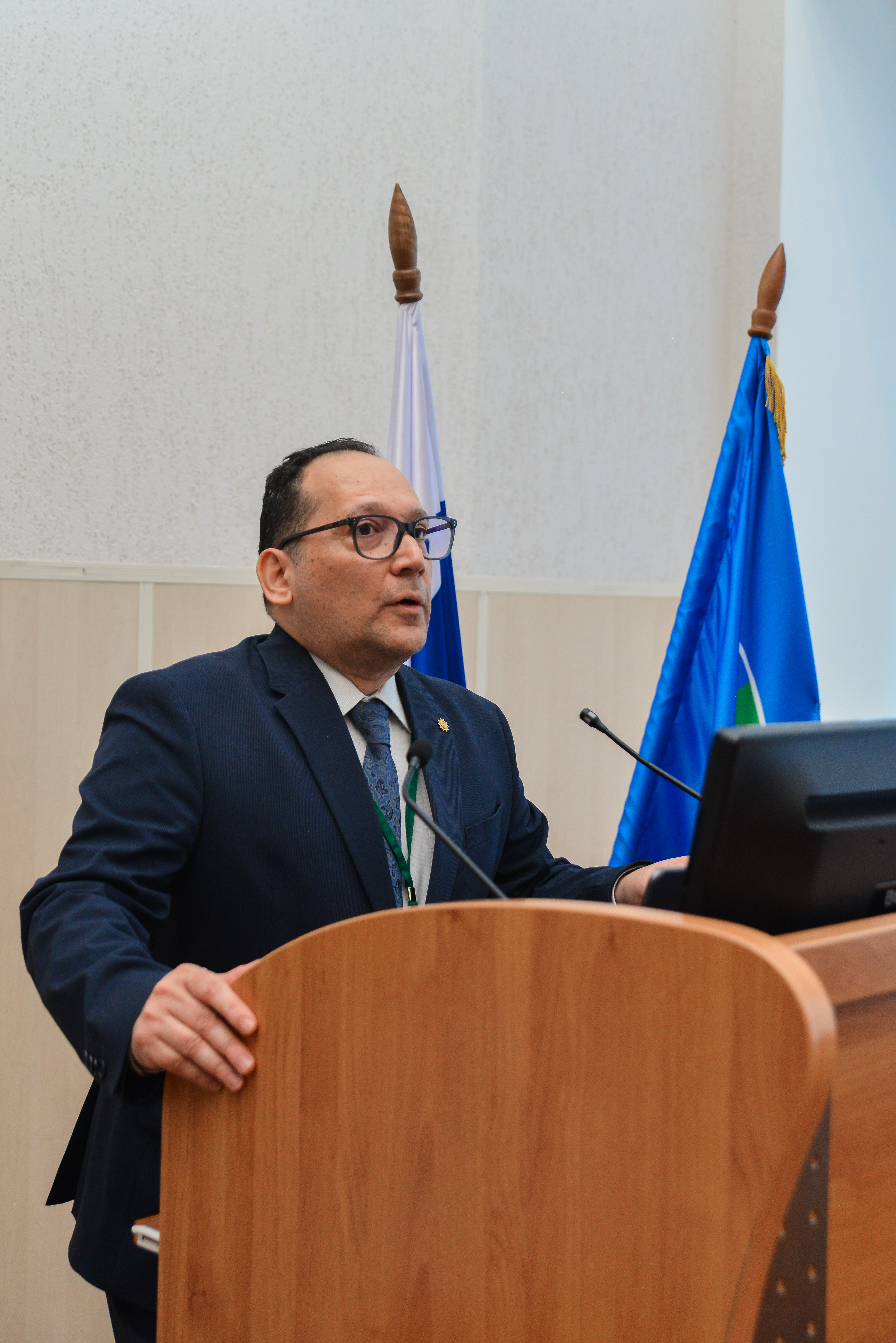
The ambassador speaks of his country with great love and pride. Its great spaces between the Pacific and Atlantic oceans, with green forests, plains and Andes, are home for many unique animals and the largest number of bird species in the world – 1954 as of to date, including the famous Andean condor, and new species are constantly being discovered. The country ranks second on the planet in terms of biodiversity of plants and butterflies, freshwater fish and amphibians.

Colombia boasts over 1600 species of flowers, including a variety of orchids unmatched anywhere else. The colors of the state flag resemble the colors of the orchid Cattleya trianae, which is considered the national flower. Colombia is the second largest flower exporter in the world.
Colombia is the major producer of coffee, and its quality is high: the conditions for its cultivation are excellent here. And the wax palm growing in the areas of coffee plantations is considered the national tree. Another natural hallmark of the country is the Caño Cristales River, which is often called the river of five colors or the liquid rainbow.

Colombia is home to about 50 million people. They speak over 60 languages, including some with Indian and African roots. And the government is committed to preserving these languages and indigenous cultural practices.
Colombians are freedom-loving people, and the main holiday in the country is June 20 - the Day of Independence from Spain (since 1810). People in Colombia are hospitable and friendly.
The beauty and vibrant culture attract tourists to Colombia: “Some come here for business, but stay to enjoy life in peace,” explains Mr. Neira, “while others come for leisure, but find business opportunities. Our economy is growing steadily – by almost 2% per year, and the living standard is rising along with it. We operate in 80 markets on five continents, including Russia and Kazakhstan.”
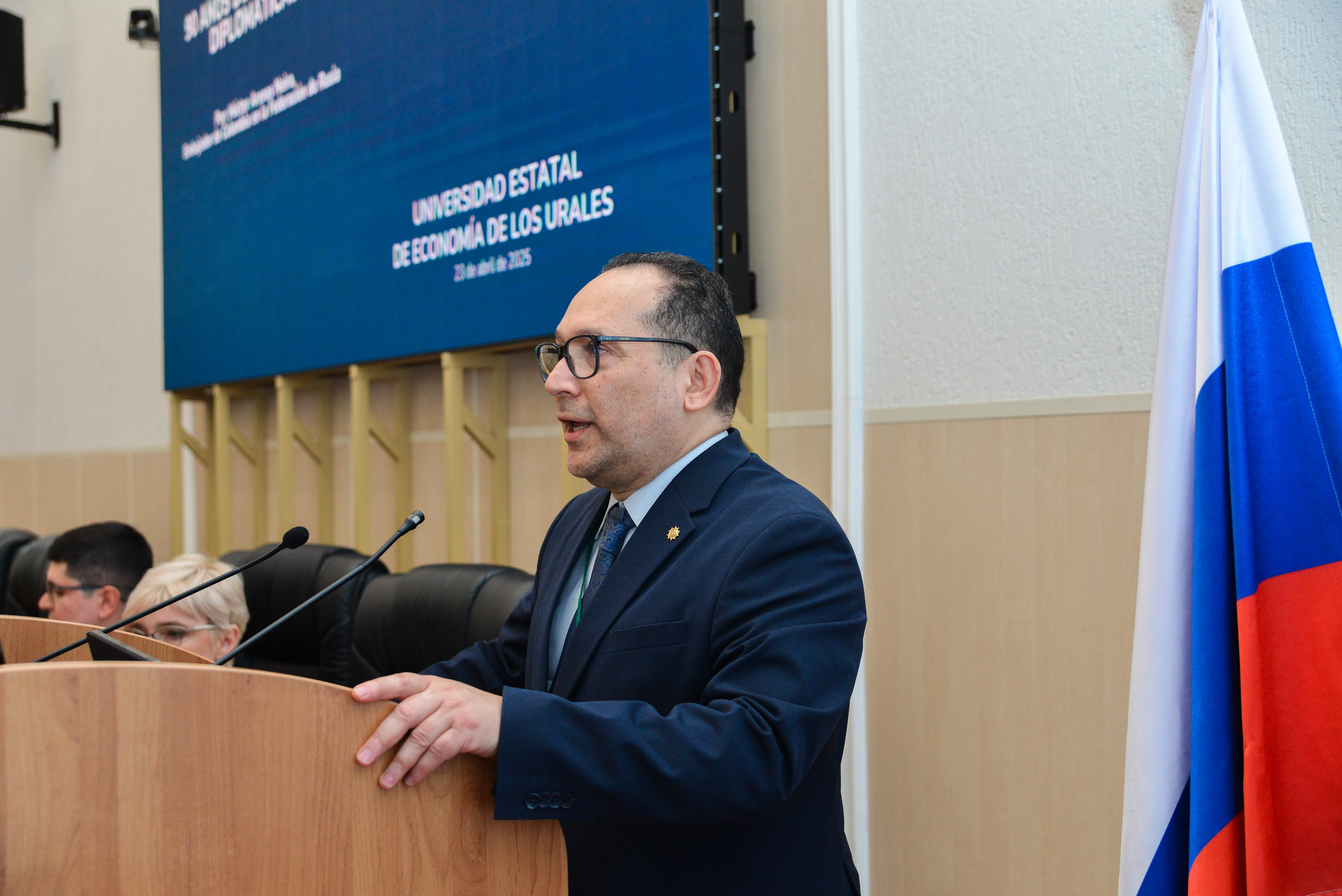
Hector Isidro Arenas Neira recalled that, in 2025, diplomatic relations between Russia and Colombia will turn 90. During this time, both economic ties between our countries and cultural exchange have significantly strengthened.
Thus, in 2024, Colombia exported goods to Russia worth 64.7 million dollars. Frozen beef, flowers, coffee, cocoa, fruits, and designer outfits and swimsuits are imported to our market from there. Our country exported goods worth 260.6 million dollars to the friendly state last year. These are chemical and mineral products, equipment and vehicles, as well as metals, metal products, wood and paper. Trade has decreased since 2022 because of logistical problems caused by sanctions, but these are only temporary difficulties, Mr. Neira is sure.

The President of the country, Gustavo Petro Urrego, and the government are pursuing a domestic policy of positive changes, and in foreign policy they strive for peace and strengthening diplomatic relations, as the ambassador noted. To achieve the UN Sustainable Development Goals by 2030, special attention is paid to combating climate change, developing “green” energy and preserving ecosystems in water and on land. Thus, in 2024, a conference on protecting biodiversity was held in Colombia, which brought together representatives of 180 countries. The Colombian government also considers it important to solve the problem of drug trafficking in the world and protect the rights of migrants.
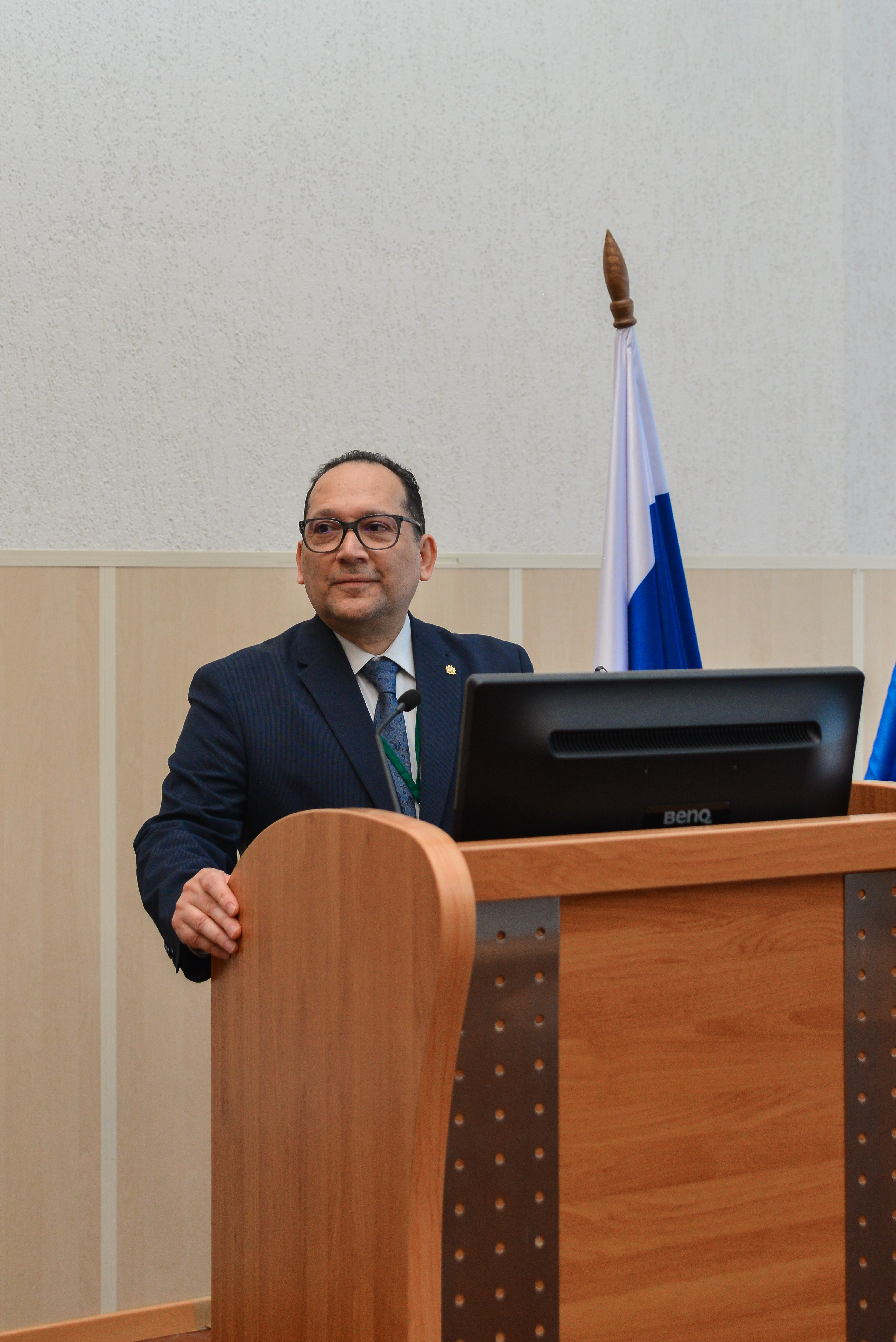
“Urrego presented ideas on how to achieve socially significant goals at several sessions of the UN General Assembly, discussed existing problems with the UN Security Council and Human Rights Council. Thus, this March in Vienna, participants reached an agreement on adjusting the global policy on combating drug trafficking," the Ambassador Extraordinary and Plenipotentiary of Colombia reported.

In 2025, Colombia holds the presidency of several international organizations, such as CELAC (Community of Latin American and Caribbean States), the Pacific Alliance, the Association of Caribbean States, the Brazil-China Consensus, and the Andean Community.
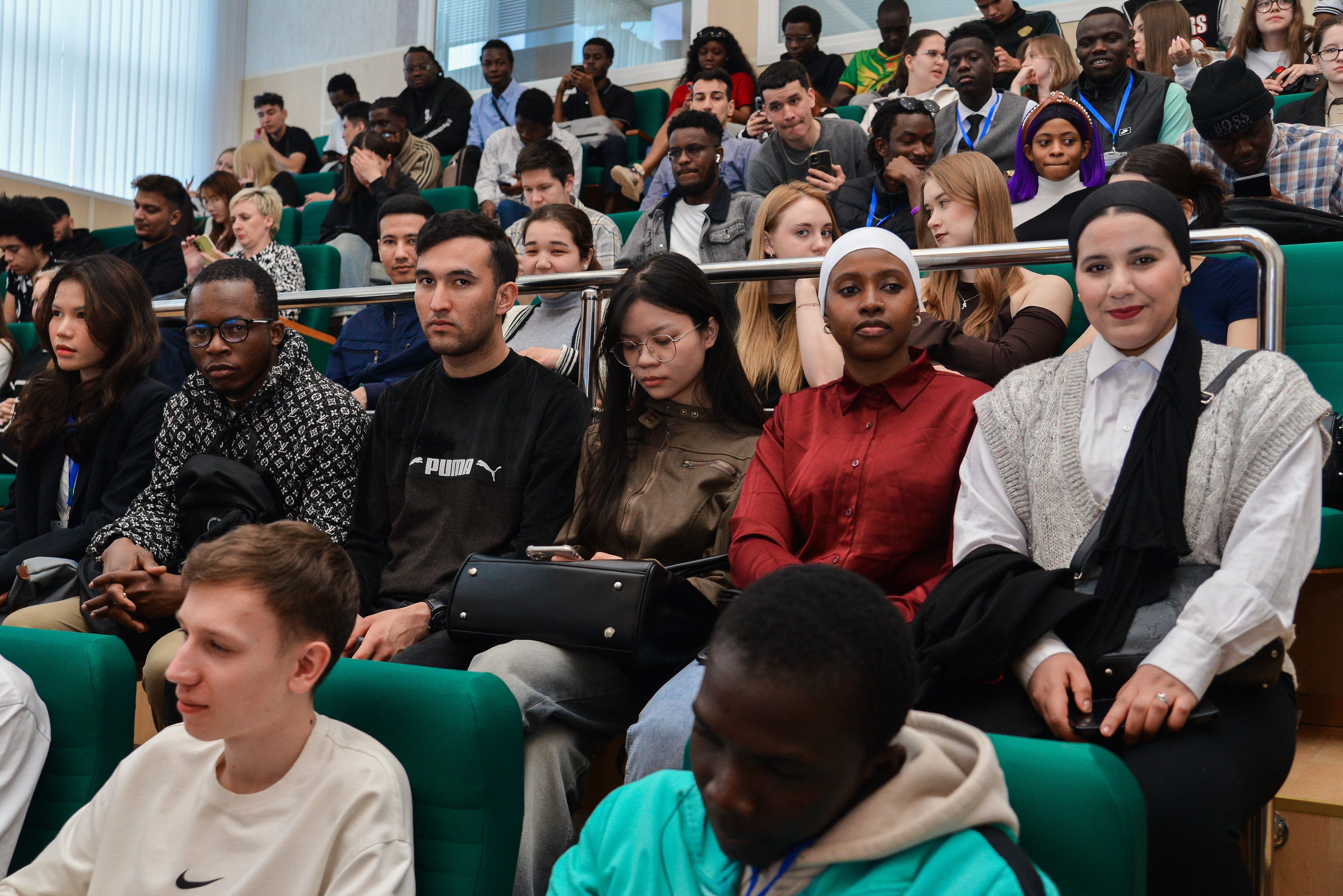
“In addition, we closely cooperate with African countries, opening embassies there. This allows us to spread our culture and identity, and thus we understand our roots more deeply. We have strengthened relations with the Gulf countries, with China, Kyrgyzstan, Armenia, Tajikistan, Uzbekistan, Belarus, Kazakhstan. And, of course, with Russia: last year, our Minister of Foreign Affairs held a fruitful meeting with the head of the Russian Foreign Ministry, Sergey Lavrov. They carefully analyzed our relations in politics, economy, culture, and education. It is very important for us to develop education, and today, thanks to Rossotrudnichestvo’s scholarships, over 1,500 Colombian students study at Russian universities, including USUE,“ Mr. Neira added.

The Colombian Embassy in Russia also organizes numerous cultural events, presenting films, literature, and gastronomic festivals.
